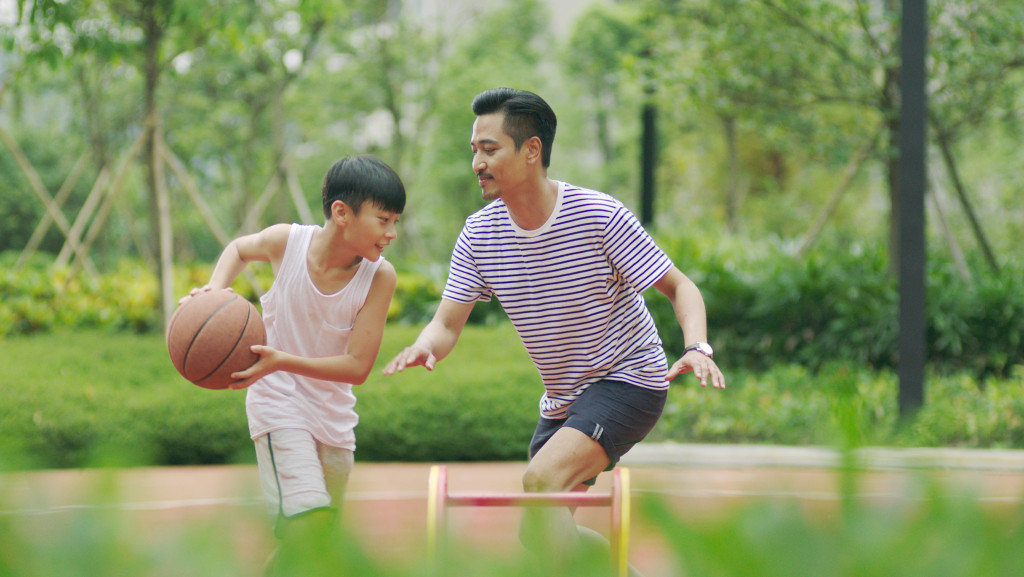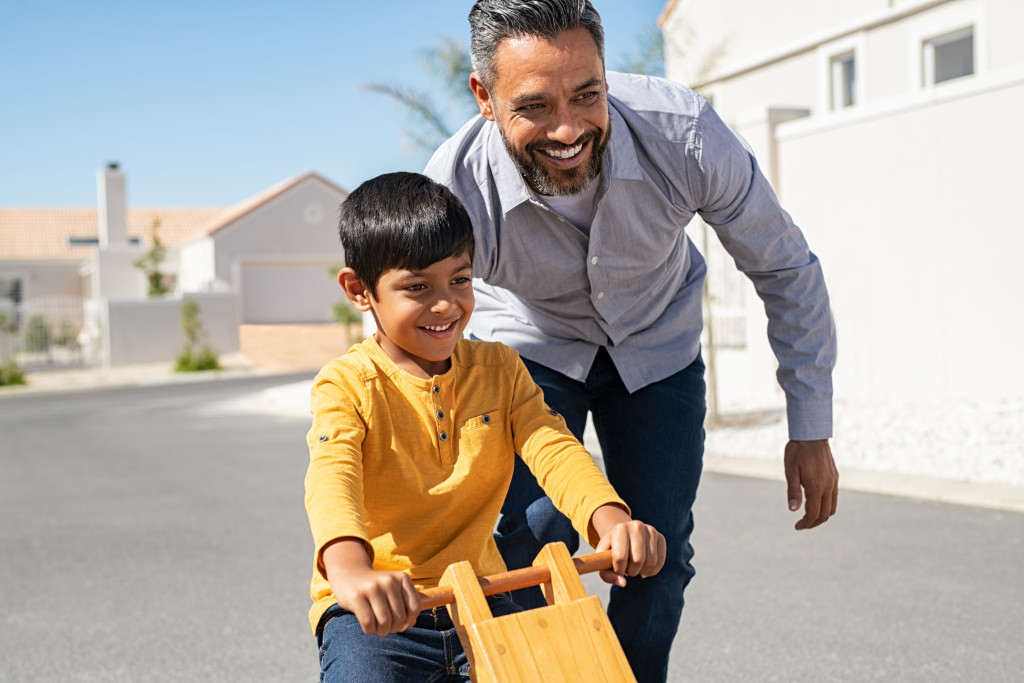As a dad, you want the best for your children. One way to do that is by teaching them responsibility. After all, kids need to learn how to take ownership of their actions and understand the consequences of their decisions. Here are tips to help you teach your kids responsibility:
Lead by Example

It goes without saying that kids learn from what they see. So if you want them to be responsible, show them what it looks like in practice. Practice what you preach by taking ownership of your mistakes and being accountable for yourself and your family. This will impact them and set a good example they can follow in their own lives.
Encourage Empathy
Teaching empathy is an essential part of parenting, especially when trying to raise responsible little ones! Show your children how their actions affect others and why it’s essential to think about how our choices affect those around us. A great way to do this is by having family discussions or activities that focus on empathy, such as role-playing different scenarios or discussing news headlines together as a group!
Set Clear Expectations and Consequences
Make sure that expectations are clear and consistent, so kids know exactly what’s expected of them at all times, whether it’s completing chores or doing schoolwork on time—and, more importantly, how these tasks relate back to responsibility overall! Also, set clear boundaries with consequences, both positive and negative—this helps children understand the value of responsibility and encourages them to act accordingly.
And when setting consequences, be sure to explain why they are in place and how this will help them learn a valuable lesson. And make sure to follow through with whatever consequence you set—this will help build trust and show that you take responsibility seriously.
Allow Room for Mistakes

As a parent, you must remember that your children are still learning. That means allowing room for mistakes every now and then is essential for teaching responsibility. It will enable kids to think about their choices without fear of punishment and encourages critical thinking skills. When mistakes happen (and they will), talk through it with your child—discuss what went wrong and why it happened so they can understand better next time.
If your child makes the same mistake again or a couple more times, this isn’t necessarily bad. It could indicate that your child needs more guidance and assistance in learning to take ownership of their actions. If this happens, you can help by providing more direction and support as they develop their sense of responsibility.
Ask Help from Others
It’s all right to ask for help from others. Maybe it’s a grandparent or an aunt that can give guidance and support when you need it. This allows kids to gain perspective outside of their immediate family circle, which can be invaluable.
Additionally, different people can teach your kids how to be responsible in various areas of life. For example, if you want your kid to be a responsible driver on the road, you can ask help from an expert driver to provide tips and advice. You can find one in a driving school. Here, your kid will learn about road safety and the rules of driving, so they’ll be more responsible when it comes time to get behind the wheel. And if you want your kid to be more responsible in money management, you can ask help from a financial expert to provide your kid with money-saving tips and smart investing knowledge.
Offer Praise and Rewards
Last but not least, praise and rewards are a great way to reinforce responsible behavior. Acknowledge your kid’s efforts when they do something right and reward them accordingly. This will help motivate them to keep up the good work while also giving them positive reinforcement for their accomplishments.
Things you could say include: “You did such a great job cleaning your room today! I’m so proud of you.” or “I really appreciate how responsibly you handled that situation. You really made me proud.“. Whatever words you choose, make sure to be sincere and heartfelt. This will help your kids develop a sense of pride in themselves, which is essential for teaching responsibility.
Teaching kids responsibility is no easy task, but by following these tips above, you can help create an environment where your little ones learn the importance of being accountable for their actions while still having fun along the way! Remember: lead by example, encourage empathy, set clear expectations/consequences, offer room for mistakes, ask help from others, and praise/reward progress—all while keeping communication open between parent and child throughout this process!
